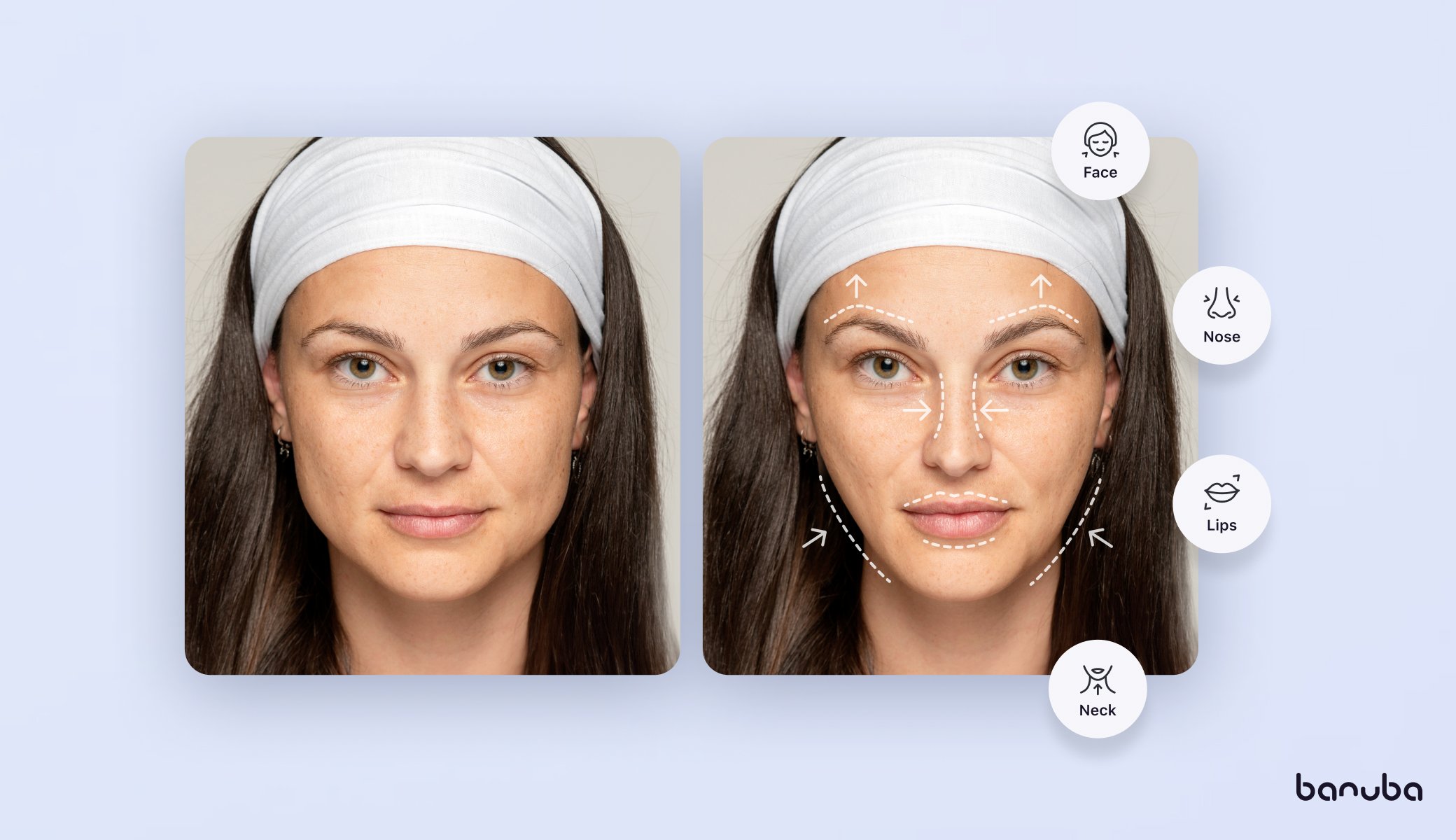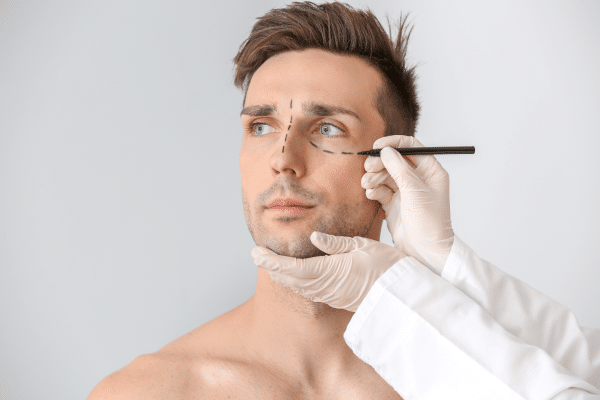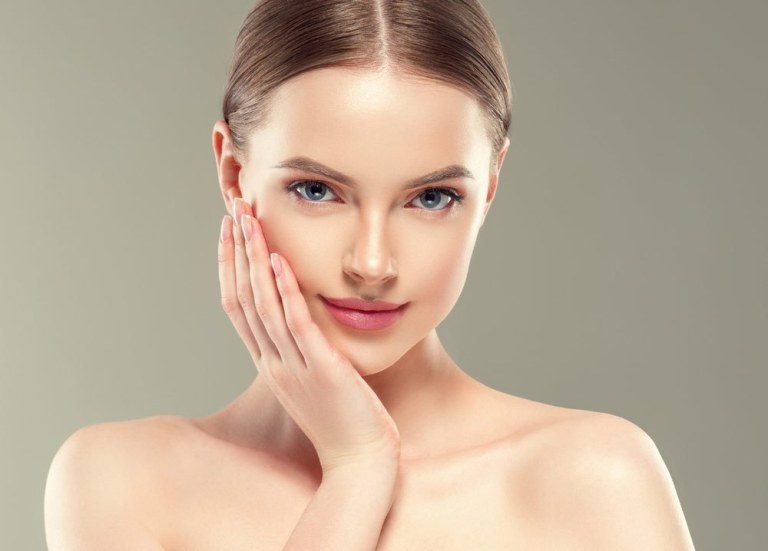Checking Out the Mental and Social Variables That Drive People to Consider Cosmetic Surgery as a way of Improvement
The choice to go after cosmetic surgical treatment often extends beyond mere aesthetics, linking with social and mental dynamics that warrant detailed exam. Variables such as self-worth, prevalent social beauty standards, and the prevalent influence of social media merge to shape private inspirations for surgical enhancement. As these impacts end up being progressively famous, recognizing the underlying psychological and social contexts is essential. What stays to be discovered is the extensive effect these factors have not just on individuality but also on broader societal standards and values surrounding beauty and approval.
The Function of Self-worth
Self-esteem considerably influences a person's choice to go after cosmetic surgery. Individuals with low self-confidence commonly view themselves in an adverse light, leading to sensations of inadequacy concerning their physical appearance.

Ultimately, the duty of self-esteem in the decision-making process pertaining to cosmetic surgical procedure highlights the complicated interplay between body photo, individual satisfaction, and psychological health and wellness. Understanding this relationship is vital for healthcare professionals to make certain that clients are making educated decisions rooted in realistic assumptions and emotional well-being.
Societal Elegance Criteria
Influenced by prevalent media portrayals and social narratives, societal elegance requirements play a critical role fit individuals' assumptions of their own bodies. These criteria are frequently identified by an idealized form of beauty that highlights characteristics such as slimness, balance, and youthful vigor. As these suitables are perpetuated through various networks, including television, advertising, and movie, people often internalize these messages, bring about frustration with their natural appearance.
The ramifications of these societal norms expand beyond visual preferences; they can impact self-esteem, psychological wellness, and interpersonal relationships. Individuals that perceive themselves as disappointing these requirements may experience feelings of insufficiency, triggering a need for plastic surgery as a way of accomplishing social approval. This quest is frequently sustained by the belief that adjusting to these ideals will boost not only physical appearance yet also social standing and personal gratification.

Impact of Social Media
The effect of social charm criteria is further magnified by the surge of social media systems, where curated photos and idyllic representations of appeal are common. Users are frequently exposed to filtered and modified pictures, which frequently illustrate unattainable physical features. This exposure cultivates a culture of comparison, leading people to assess their own appearance versus these typically impractical benchmarks.
Social network influencers and celebs regularly advertise cosmetic procedures, normalizing the concept that have a peek at these guys medical improvements are a viable means for accomplishing social perfects (plastic surgery rancho cucamonga). The visibility of these enhancements can create a perception that going through cosmetic surgical procedure is a common technique, thereby affecting individuals to think about comparable treatments as a path to boosted self-confidence and social approval
Moreover, the interactive nature of social networks enables for instant feedback with sort and comments, further strengthening the desire to adjust to preferred charm criteria. Such communications can intensify sensations of inadequacy and drive people towards plastic surgery as a way of acquiring recognition. Ultimately, social media sites plays a pivotal function fit assumptions of appeal, which considerably affects the decision-making processes bordering cosmetic surgical procedure.

Social Viewpoints on Look
Throughout different cultures, perceptions of look are deeply rooted in historic, social, and economic contexts, forming people' views on elegance and charm. In many cultures, look functions as a significant marker of identity, affecting social standing, expert opportunities, and individual partnerships. For example, in some societies, light skin is usually why not try this out related to riches and benefit, while others might glorify darker skin tones as icons of stamina and authenticity.
In addition, standard beauty criteria are commonly continued via cultural stories, media representations, and family members affects, leading to differing ideals throughout different areas (plastic surgery rancho cucamonga). In Western cultures, the emphasis on young people and physical conditioning frequently drives people toward aesthetic improvement, while in certain Eastern cultures, more refined changes straightened with typical appearances might be chosen
Globalization and the spreading of electronic media have actually additionally complicated these characteristics, creating a hybridization of beauty perfects that transcends geographical boundaries. As individuals increasingly navigate these social narratives, the pressure to adapt certain appearance standards can bring about the wish for cosmetic surgery, reflecting a complex interaction of cultural values and personal ambitions. Understanding these social viewpoints is essential in resolving the motivations behind plastic surgery considerations.
Psychological Impacts of Aesthetic Surgical Procedure
Numerous individuals looking for plastic surgery report experiencing profound psychological impacts that can considerably change their self-perception and emotional well-being - plastic surgery rancho cucamonga. The desire for physical enhancement often stems from underlying problems such as reduced self-esteem, body dysmorphic problem, or social pressures pertaining to elegance requirements. For some, the immediate post-operative phase can lead to a temporary boost in self-esteem and fulfillment with their appearance, promoting a feeling of empowerment
However, these positive sensations might not be withstanding. Research study shows that while some patients experience improved self-worth, others may face heightened stress and anxiety or anxiety if their assumptions are Visit Website not satisfied. This inconsistency can arise from impractical perfects perpetuated by media depiction and social stories bordering beauty.
Moreover, the psychological implications of plastic surgery prolong past the individual. Relationships with household and friends may be stressed as social characteristics shift, causing sensations of seclusion or alienation. Eventually, the mental impacts of plastic surgery are complex and complex, requiring mindful factor to consider by both potential patients and doctor to make sure enlightened decision-making and reasonable assumptions.
Conclusion
To conclude, the decision to seek cosmetic surgery is substantially influenced by a combination of self-worth concerns, social appeal standards, and cultural viewpoints on appearance. The pervasive reach of social media additionally aggravates these stress, promoting impractical perfects that people commonly strive to achieve. Recognizing these social and emotional factors is vital for resolving the motivations behind plastic surgery, highlighting the demand for an extra nuanced discussion surrounding beauty and self-acceptance in modern culture.
The choice to seek cosmetic surgical treatment commonly prolongs beyond mere visual appeals, linking with psychological and social characteristics that warrant thorough examination. Ultimately, social media plays an essential role in shaping understandings of beauty, which dramatically affects the decision-making processes surrounding cosmetic surgery.
As people increasingly navigate these social narratives, the stress to adjust to details look criteria can lead to the desire for cosmetic surgical procedure, mirroring a complicated interplay of individual goals and cultural worths.In conclusion, the choice to go after cosmetic surgery is significantly affected by a combination of self-worth issues, societal elegance requirements, and social point of views on appearance. Recognizing these mental and social aspects is vital for dealing with the inspirations behind cosmetic surgery, highlighting the demand for a much more nuanced discussion surrounding elegance and self-acceptance in contemporary culture.